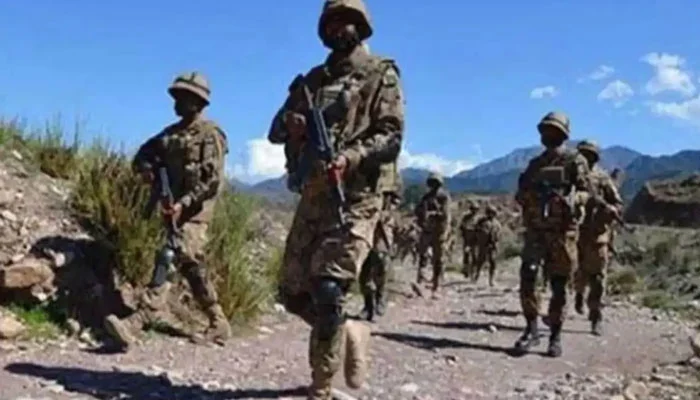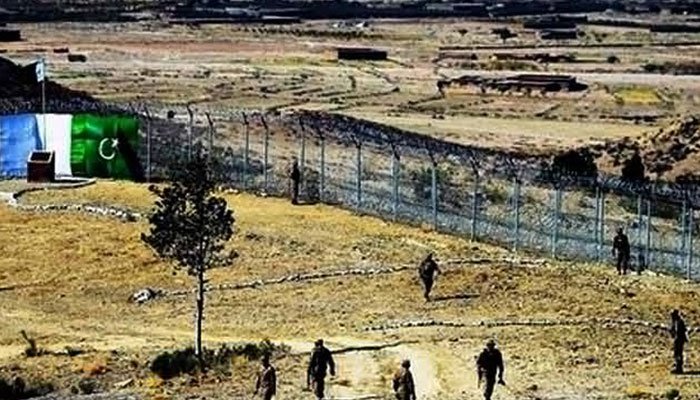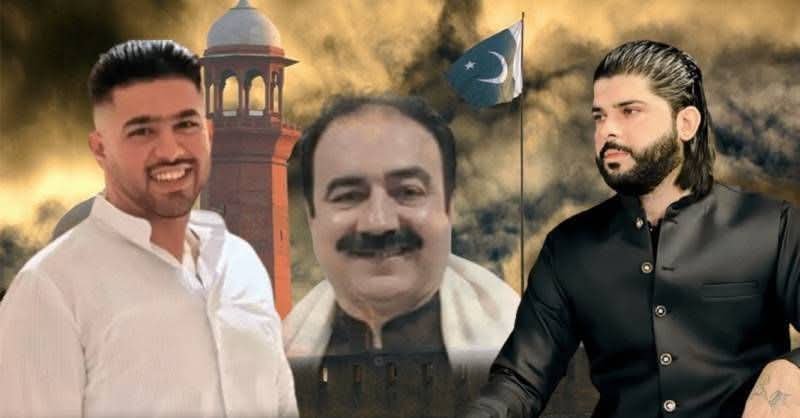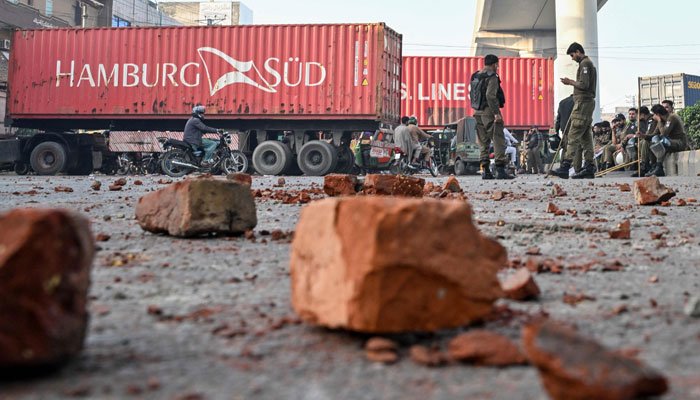Indian Prime Minister Narendra Modi refused to meet U.S. President Donald Trump in June. Bloomberg reports that Modi feared a possible encounter with Pakistan’s Chief of the Army Staff, Field Marshal Asim Munir.
Officials in New Delhi told Bloomberg that Modi worried Trump might arrange such a meeting if both were at the White House at the same time. India viewed that possibility as politically damaging.
White House Stop Cancelled
After the G7 summit in Canada, Modi changed his travel plans. Instead of stopping in Washington, he flew to Croatia. This move avoided any chance of being in the U.S. capital alongside the Pakistani Army Chief.
Indian diplomats say New Delhi will not accept any scenario where its elected leader is treated on par with Pakistan’s military leadership.
Trump’s Mediation Claim Rejected
Tensions had already risen in May after a brief but intense military clash between India and Pakistan. Trump later claimed his personal intervention prevented a nuclear war.
Indian officials rejected that claim. They said the ceasefire came only through direct military talks between India and Pakistan.
On June 17, Trump called Modi after leaving the G7 early. The two leaders spoke for 35 minutes. Modi told Trump that India does not and will never accept mediation on issues with Pakistan.
Economic Fallout
The dispute soon spilled into trade. This week, Trump announced a 50% tariff on Indian exports to the U.S. The White House called it a response to “unfair trade barriers.”
Earlier this month, Trump escalated his criticism. He called India a “dead” economy with “obnoxious” trade policies. He also accused New Delhi of ignoring the deaths of Ukrainians in the war with Russia.
Since the June call, Modi and Trump have not spoken.
Pakistan’s Stronger U.S. Ties
Field Marshal Munir’s U.S. visits have been more productive. In June, he attended a private luncheon with Trump and senior officials. They discussed trade, security, energy, and new technology.
That meeting produced a reciprocal 19% tariff deal and commitments to strengthen Pakistan–U.S. economic cooperation. Munir returned to the U.S. later in the summer for more talks.
Strategic Calculations
Analysts believe Modi’s choice reflects India’s diplomatic stance and domestic politics. Avoiding the meeting prevented any image of equality with Pakistan’s military leadership.
Critics say skipping the White House visit may have harmed India’s ties with Washington. The decision came at a time when India faces pressure from China and economic challenges at home.
READ MORE: Bahria Town Could Be Shut Down, Warns Malik Riaz
What’s Next
Relations between the U.S. and India remain tense. Trade disputes could deepen, and defence cooperation may slow. Both governments appear unwilling to make the first move toward reconciliation.
For now, Modi’s absence from Washington is more than a scheduling decision. It shows how the setting of a meeting can be as important as the discussions themselves.





